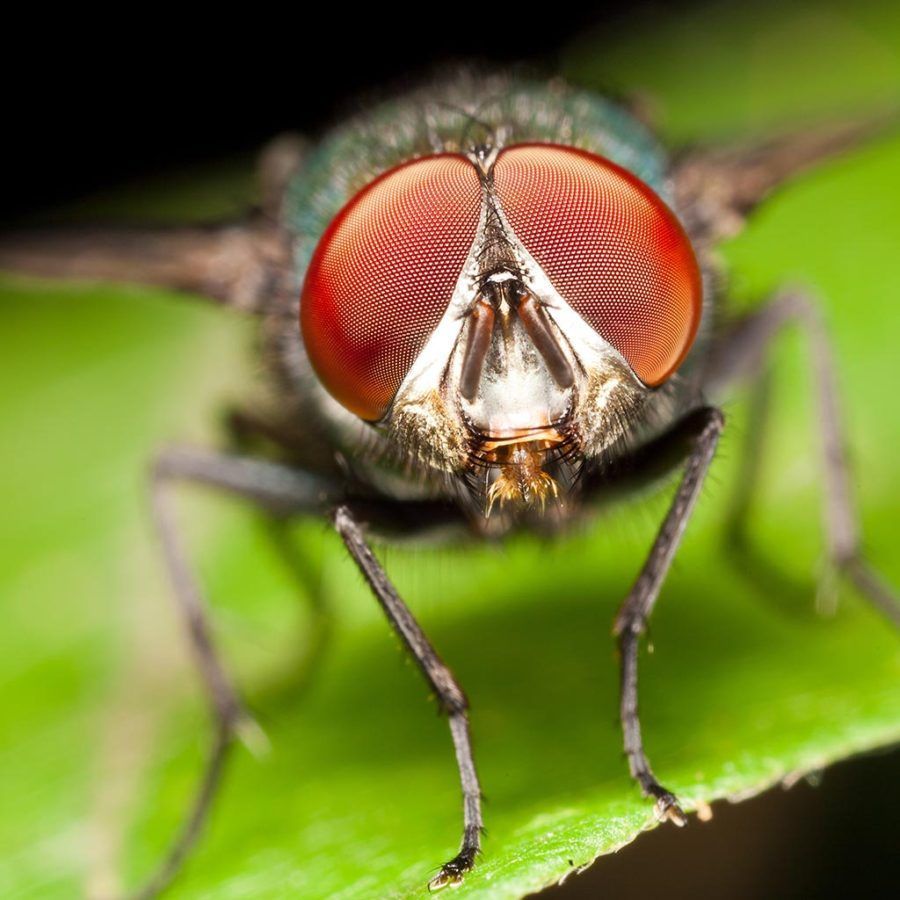
Science in the Glorious Quran: The Fly
” يَا أَيُّهَا النَّاسُ ضُرِبَ مَثَلٌ فَاسْتَمِعُوا لَهُ ۚ إِنَّ الَّذِينَ تَدْعُونَ مِن دُونِ اللَّهِ لَن يَخْلُقُوا ذُبَابًا وَلَوِ اجْتَمَعُوا لَهُ ۖ وَإِن يَسْلُبْهُمُ الذُّبَابُ شَيْئًا لَّا يَسْتَنقِذُوهُ مِنْهُ ۚ ضَعُفَ الطَّالِبُ وَالْمَطْلُوبُ” (الحج: 73.)
“O people! A parable is presented, so listen to it: Those you invoke besides God will never create a fly, even if they banded together for that purpose. And if the fly steals anything from them, they cannot recover it from it. Weak are the pursuer and the pursued.” (Qur’an, 22:73)
Only liquids can be taken in by the housefly, not solid food. When a fly settles on food, the proboscis is extended to the surface of the food. Saliva is secreted by salivary glands and runs down onto the food to liquefy it for digestion. The proboscis pumps up the semi-digested liquid to the ‘stomach’, or midgut, of the fly. On the other hand, sometimes the fly vomits on the food and this enables it to mix more digestive enzymes from the gut with the food.
Therefore, God made the parable about the impossibility of bringing back the food particles that the fly took away as the food would have already been digested. How did the prophet Muhammad know this notion of fly nutritional behavior, unless the Qur’an is the revelation of God.

The fly cannot eat solid food. It secrets its saliva first to the food and pumps back the digested food. The fly may vomit on the food to help with digestion (right).

